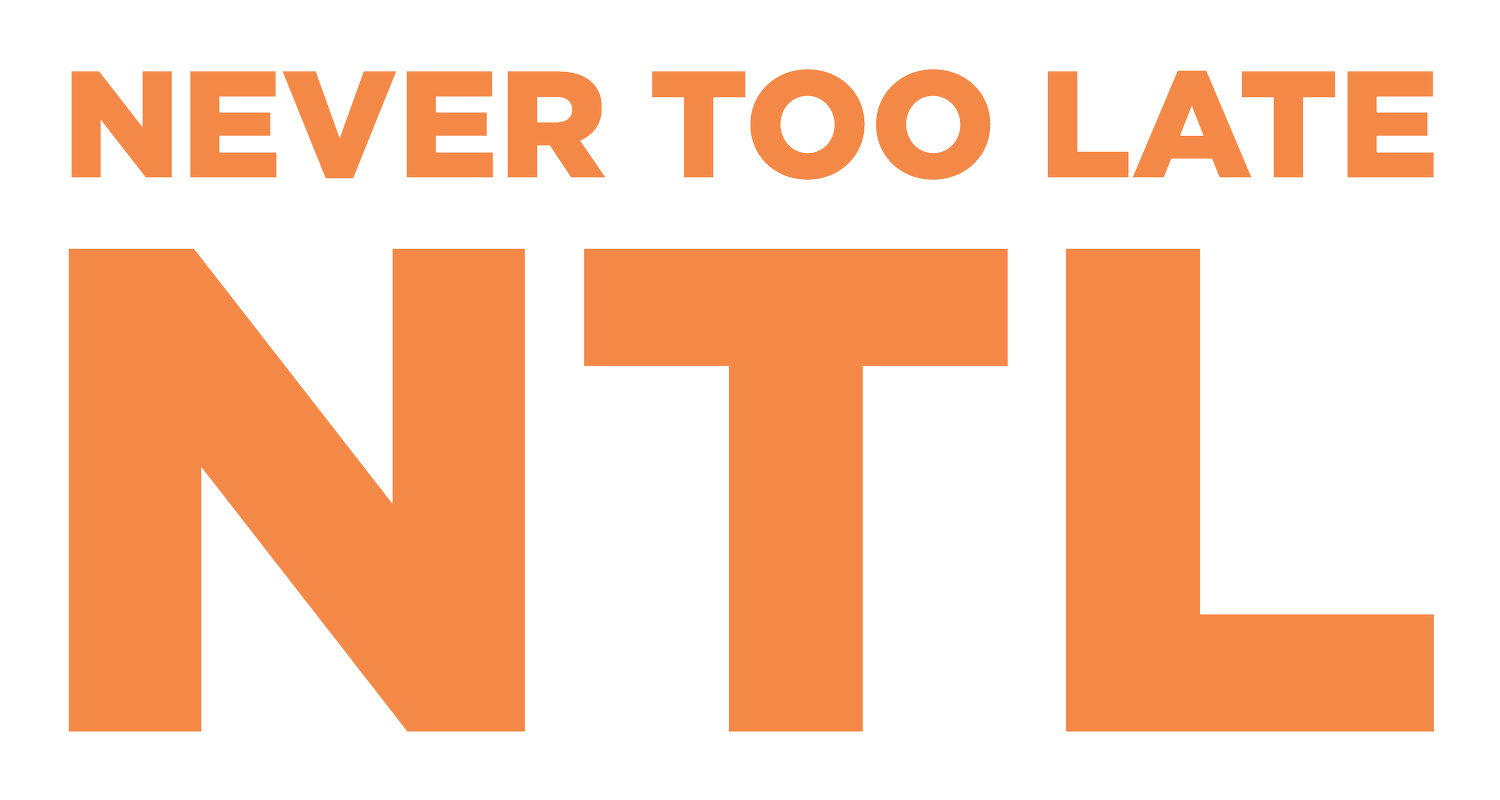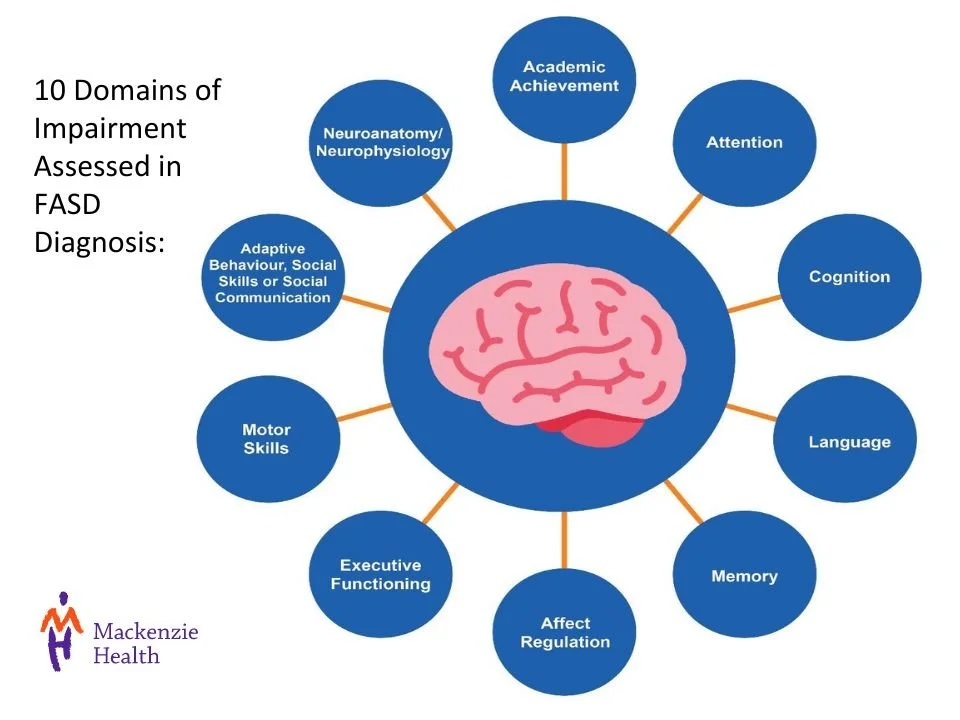FASD & Executive Functioning with Lauren Ireland – June 2024
Summary
FASD and Developmental Trauma have real impacts on brain development. This presentation provided an overview of the impact of FASD on a person’s behaviour, how behaviour can be linked to brain functions and strategies for skills development.
Soundbites & Takeaways We Loved!
People with FASD grow and change even as adults. So there are lots of opportunities for brain growth, for change, and for new learning!
Myth Busting Fact: The presence or absence of facial features is unrelated to the level of brain impairment in folks with FASD. Many people with FASD do not have facial features.
Diagnosis requires significant impairments in at least 3 of 10 domains (see 10 Domains graphic below)
Many individuals with FASD excel in using expressive language! Sometimes this can “mask” internal struggles with executive functioning and processing verbal information.
Many secondary and tertiary side effects are a symptom of misunderstanding and a poor fit between brain and environment, Lauren acknowledged that “the world at large is somewhat a poor fit for people with FASD because they are chronically misunderstood”
Believe “people do well if they can”, provide strategies to teach or accommodate skills
How we interpret behavioural challenges will guide our interventions and change how we respond to those challenges
“Out of nowhere” or “out of proportion” responses (such as outbursts) are often the result of a chronically overactive “alert system” in the amygdala, which releases stress hormones that may produce aggressive or withdrawn behaviour.
Movement can help you cultivate self-regulation (see Developmental Trauma – Regulating Movement graphic below)
Removing punishment systems can disrupt/break the chronic stress cycle and lead to positive developments (see Chronic Stress Cycle graphic below)
Show empathy! Empathy is a skill, most impactfully learned from people showing empathy
Actionable Ideas & Activities
Working on maintaining your own regulation can help you remain calm during stressful situations and co-regulate those around you (☝️ our reminder: it’s about improvements, not perfection!)
Engage in regulating movement (see Developmental Trauma – Regulating Movement graphic below)









